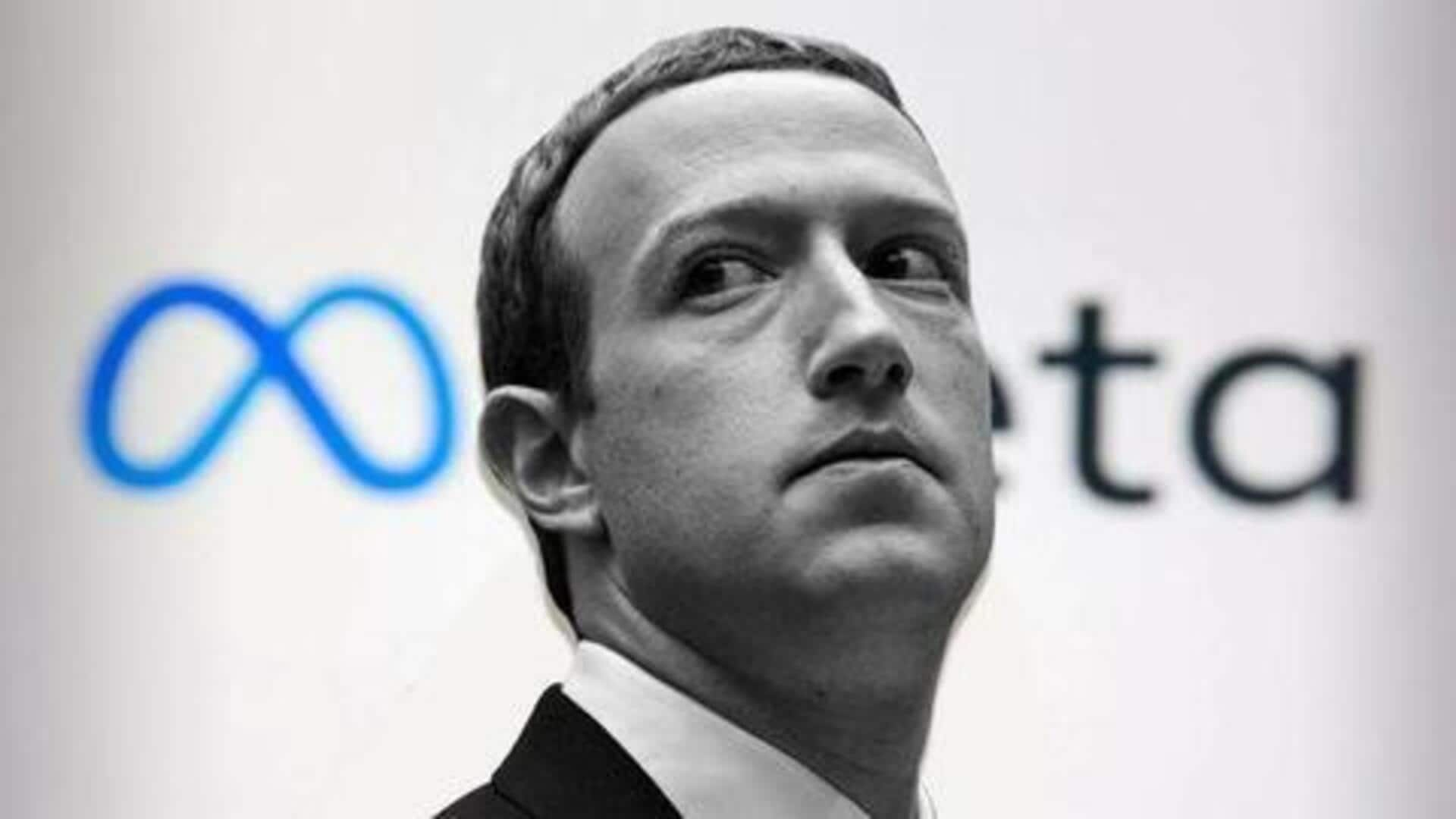
Inside Mark Zuckerberg's financial success: $177.3 billion and counting
What's the story
Mark Zuckerberg, co-founder of Meta Platforms, formerly known as Facebook, has a real-time net worth of $177.3 billion as of September 4, 2024.
Starting the company in his Harvard University dorm in 2004, Zuckerberg's ascent to becoming one of the wealthiest individuals globally is remarkable.
His ownership of approximately 13% of Meta's stock underscores his lasting success and influence in the tech industry.
Early career
The rise to billionaire status
At just 23 years old, Zuckerberg became the world's youngest self-made billionaire when Facebook went public in May 2012.
This monumental event was not only a turning point for Zuckerberg but also for social media platforms worldwide.
His early decision to retain majority shares during Facebook's initial public offering has been pivotal in his journey to amassing significant wealth.
Giving back
Philanthropic ventures
Zuckerberg and his wife, Priscilla Chan, have pledged to donate 99% of their Meta shares during their lifetimes.
This commitment showcases their dedication to leveraging their wealth for the betterment of the world.
Through the Chan Zuckerberg Initiative, they focus on tackling global challenges in health, education, and scientific research, aiming to create a significant societal impact.
Personal life
Lifestyle and interests
Despite being one of the richest people globally, Zuckerberg maintains a relatively modest lifestyle compared to his wealth.
Known for his simple wardrobe consisting mainly of gray T-shirts and jeans, he focuses more on his work and philanthropy than on lavish spending.
However, he has made significant investments in real estate, including $59 million worth of waterfront property on Lake Tahoe.
Tech innovations
Vision for the future
Zuckerberg's ambitions stretch far beyond the realm of social media.
He is fervently dedicated to forging the metaverse—a unified virtual shared space, birthed from the fusion of virtually enhanced physical reality with physically persistent virtual spaces.
This bold initiative seeks to forge novel environments where individuals can engage digitally, mirroring interactions found in the real world, thus redefining digital communication.